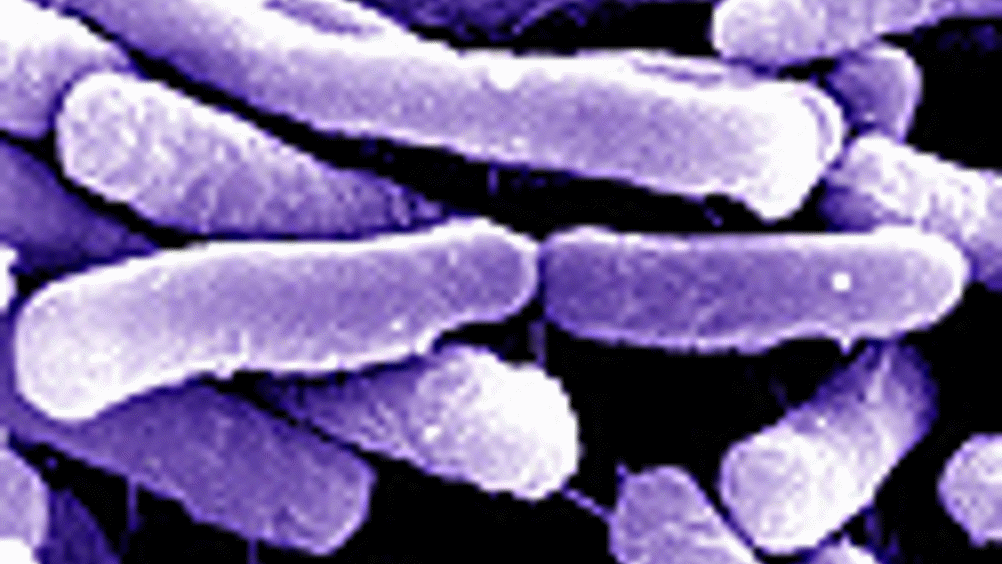Cell simulation
Scientists have developed a computer simulation that allows them to study the relationship between biochemical fluctuations within a single cell and the cell’s behaviour as it interacts with other cells.

Scientists at the
and
have constructed a computer simulation that allows them to study the relationship between biochemical fluctuations within a single cell and the cell’s behaviour as it interacts with other cells and its environment.
The simulation, called AgentCell, has possible applications in cancer research, drug development and combating bioterrorism. Other simulations of biological systems are limited to the molecular level, the single-cell level or the level of bacterial populations. AgentCell can simultaneously simulate activity on all three scales, something its creators believe no other software can do.
“With AgentCell we can simulate the behaviour of entire populations of cells as they sense their environment, respond to stimuli and move in a three-dimensional world,” said Thierry Emonet, a Research Scientist in Philippe Cluzel’s laboratory at the
Emonet and his colleagues have verified the accuracy of AgentCell in biological experiments. AgentCell now enables scientists to run test experiments on the computer, saving them time in the laboratory later.
Register now to continue reading
Thanks for visiting The Engineer. You’ve now reached your monthly limit of news stories. Register for free to unlock unlimited access to all of our news coverage, as well as premium content including opinion, in-depth features and special reports.
Benefits of registering
-
In-depth insights and coverage of key emerging trends
-
Unrestricted access to special reports throughout the year
-
Daily technology news delivered straight to your inbox










CCC Report Finds UK Climate Targets Still Within Reach
In 1990 67% of the UK´s electricity came from coal-fired power stations and even without renewables the transition to gas was a major contributor to...